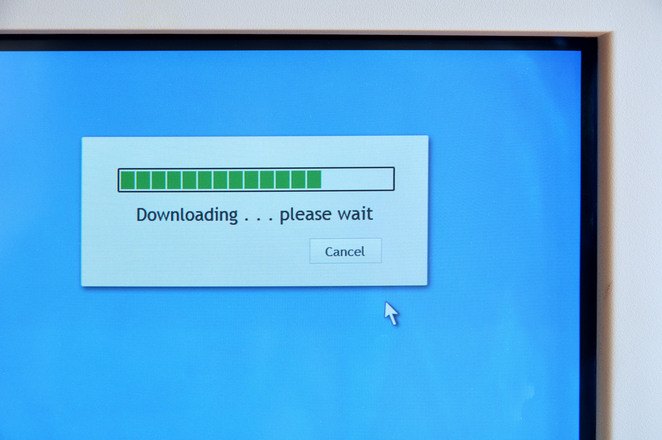

THE USPTO became "Great Again" under the latter Obama years (maybe the past three years). "Key Patent Law Decisions Of 2016", a new article from the patent lawyers' platform, recalls that "[t]he U.S. Supreme Court and the U.S. Court of Appeals for the Federal Circuit wrestled with a number of important issues of patent law in 2016, including in three Supreme Court opinions (with more on the way) and three en banc Federal Circuit opinions. The issues in these cases were diverse and wide-ranging, including administrative review of patents in the U.S. Patent and Trademark Office ("PTO") and the International Trade Commission ("ITC"), recognition of a new patent agent privilege, and the Supreme Court's first design patent decision in more than a century."
"The patent microcosm is still moaning about decisions that are years behind; it wants a resurgence of patent maximalism, i.e. the misguided belief that the more patents we have, the better off the economy will be (not just their own bottom line)."We have covered most of these and pointed out that SCOTUS limited patent scope in 2016, just as it had done in 2015 and 2014 (Alice, Mayo and so on). This is fantastic news to patent reformers and we hope that reformist policies will persist under Trump. Posted behind paywall yesterday was the article "The Supreme Court's Impact on Patentable Subject Matter". The patent microcosm is still moaning about decisions that are years behind; it wants a resurgence of patent maximalism, i.e. the misguided belief that the more patents we have, the better off the economy will be (not just their own bottom line).
The EFF, which has been habitually attacked by the patent microcosm (Watchtroll called it “a leftist anti-patent activist coalition” [1, 2]), has just released a statement titled "EFF To Patent Office: Supreme Court Limits On Abstract Patents Are a Good Thing"; it's a powerful statement which cites Alice -- a decision which is now killing software patents. To quote:
"EFF has submitted comments to the Patent Office urging it not to support efforts to undermine the Supreme Court’s recent decision in Alice v. CLS Bank. The Patent Office had called for public submissions regarding whether “legislative changes are desirable” in response to recent court decisions, including Alice. We explain that, far from harming the software industry, Alice has helped it thrive.
"Every software engineer, system administrator etc. that I speak to absolutely loves Alice. It was belated (by decades) justice to the software profession and it gives many software companies peace of mind.""When the Supreme Court issued its ruling in Alice, it was a shock to a patent system that had been churning out software patents by the tens of thousands every year. Back in the 1990s, the Federal Circuit had opened the software patent floodgate with its ruling in State Street and In re Alappat. That decision held that any general purpose computer could be eligible for a patent so long as it is programmed to perform a particular function. In Alice, the Supreme Court substantially moderated that holding by ruling that a generic computer is not eligible for a patent simply because it is programed to implement an abstract idea.
"Courts have applied Alice to throw out many of the worst software patents. Alice is particularly valuable because, in some cases, courts have applied it early in litigation thereby preventing patent trolls from using the high expense of litigation to pressure defendants into settlements. While we think that the Federal Circuit could do more to diligently apply Alice, it has at least been a step forward."
Every software engineer, system administrator etc. that I speak to absolutely loves Alice. It was belated (by decades) justice to the software profession and it gives many software companies peace of mind. I personally know some people whose employer/customers got attacked by patent trolls and suffered severely as a result. These patent trolls, as usual, relied on software patents.
Speaking of patent trolls, are they about to lose it all? SCOTUS intends to look into their breeding ground, as Above the Law noted this week, under the title "Leaving The Heartland?"
To quote:
By accepting the case, the Supreme Court has already indicated it is willing to consider the question of whether the Federal Circuit has taken too expansive a view of venue in patent cases. If the Supreme Court decides that restrictive language in the patent venue statute controls, then patent cases will be permitted only in districts where either the defendant is incorporated or has a physical place of business. Since relatively few regular patent defendants meet either criteria in the EDTX, the thought is that the EDTX’s patent litigation well will quickly dry up. Which may be a boon to technology companies located on either coast, many of which would not miss the EDTX one iota. At the same time, the robust infrastructure that has arisen to support patent litigation in the EDTX would be adversely affected, likely to the economic detriment of the region.